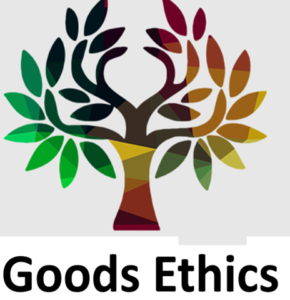The Cornerstone of Engineering: An Introduction to the NSPE Code of Ethics
In the vast expanse of human history, few professions have shaped the trajectory of civilization as profoundly as engineering. From the aqueducts of ancient Rome to the hyperloops of the modern age,...
